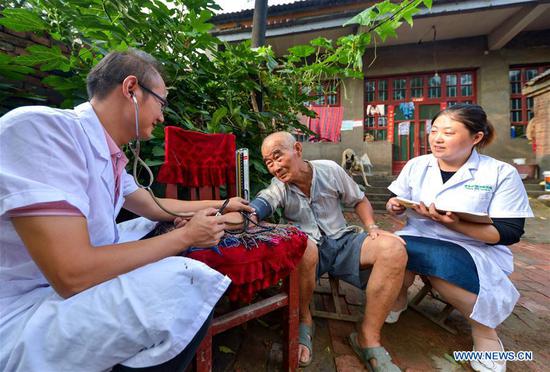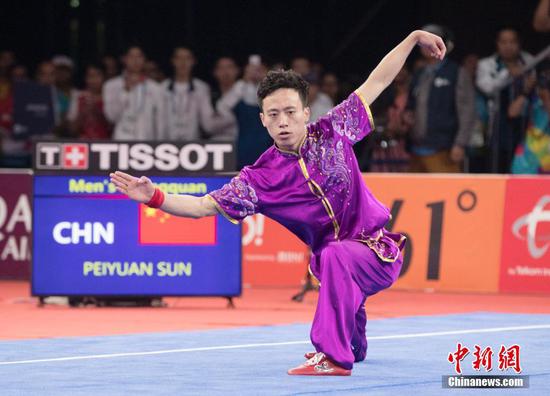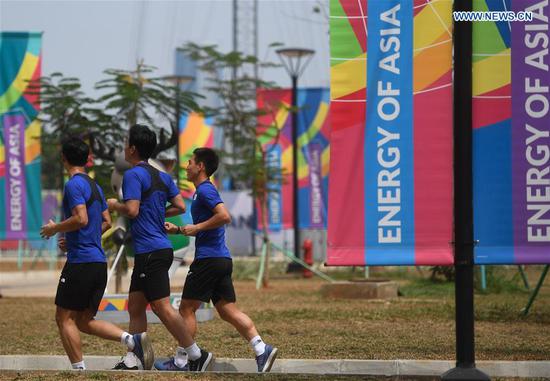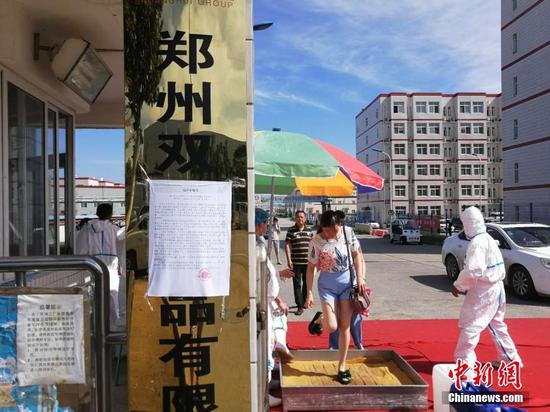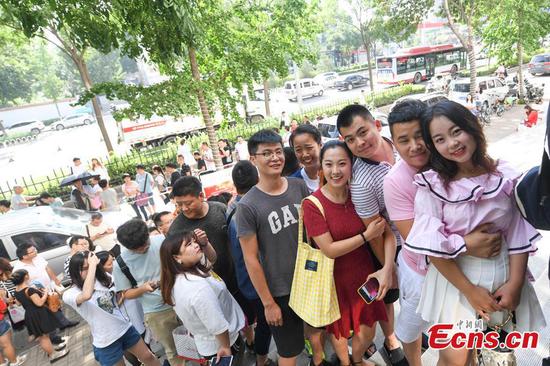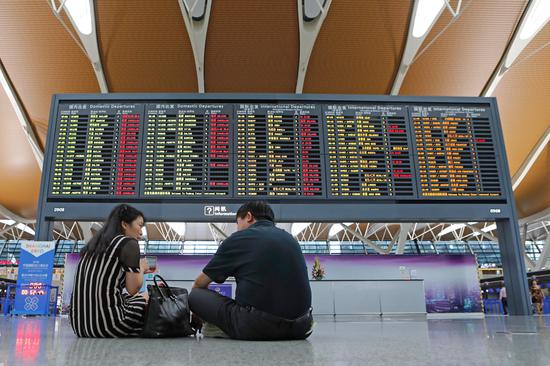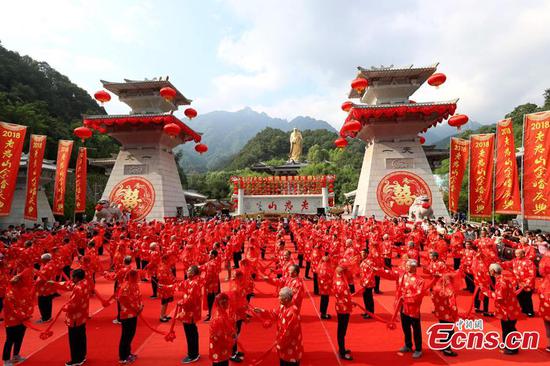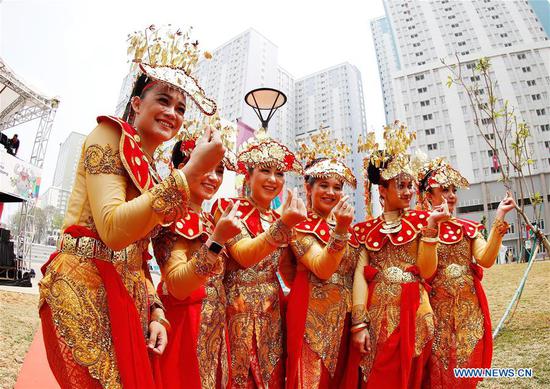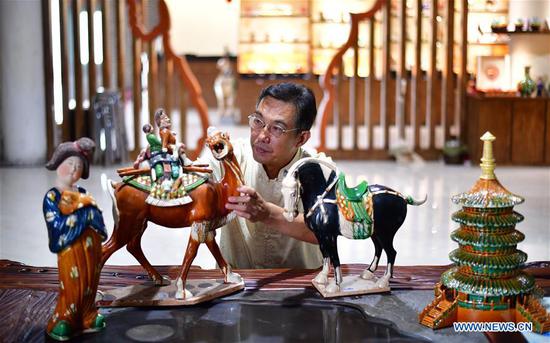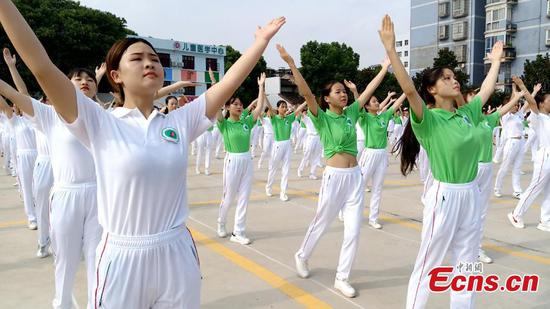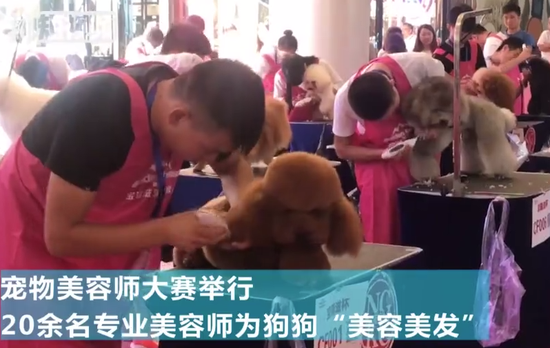The Chinese government will step up reform and roll out a series of new incentives to better remove hurdles hampering private investment and businesses and boost economic vitality, the State Council's executive meeting chaired by Premier Li Keqiang decided on Thursday.
The meeting decided on a host of measures to further facilitate private investment and boost the sound development of the private sector.
Premier Li stressed that further measures should be taken to unleash market vitality and boost private investment. A number of favorable projects should be identified as potential targets for attracting private investment.
"Our economy is showing a stable performance with good momentum for growth. Facing new circumstances and new challenges, we should step up reform, pay attention to emerging problems, plan ahead, and fine-tune policies as necessary to make sure that the economy performs within a proper range," Li said.
Recent years have witnessed the government's relentless efforts in encouraging private investment. In the first seven months of this year, the total value of private investment reached 22.26 trillion yuan (about 3.32 trillion U.S. dollars), registering a year-on-year growth of 8.8 percent, 3.3 percentage points higher than overall investment growth. This amounts to 62.6 percent of total investment in the country, making private investment a major pillar of investment growth.
"The stability we aim for should be achieved in the context of continued progress and stability is in itself a step forward for the economy. It is vital to strengthen the financial sector to better serve the real economy," Li said.
The meeting called for greater efforts to encourage more private investment and to lower threshold for private investment to enter key areas. The meeting called for shoring up the weak links, boosting domestic demand, promoting employment and strengthening the impetus for long-term development.
Additional conditions hampering private investment entering fields such as health care and caring for the elderly will be reduced or lifted, and the government will make targeted efforts to remove hidden obstacles in land use, funding support and personnel training in these areas with stronger compliance regulation.
"The potential of consumption as a driver for growth need to be further unlocked. At the same time, more efforts need to be made to reduce business costs, support export, and make better use of foreign investment," Li said.
Tax and fee cutting measures for private businesses will be further implemented, while value-added tax reform will be deepened, the meeting decided. Financing transmission mechanisms will be improved to allow financial sector better serve the real economy. A risk compensation mechanism for lending to private businesses will be established to make financing more accessible and affordable for private businesses.
"This year marks the 40th anniversary of China's reform and opening up, which remains essential for China's social and economic development," Li pointed out.












